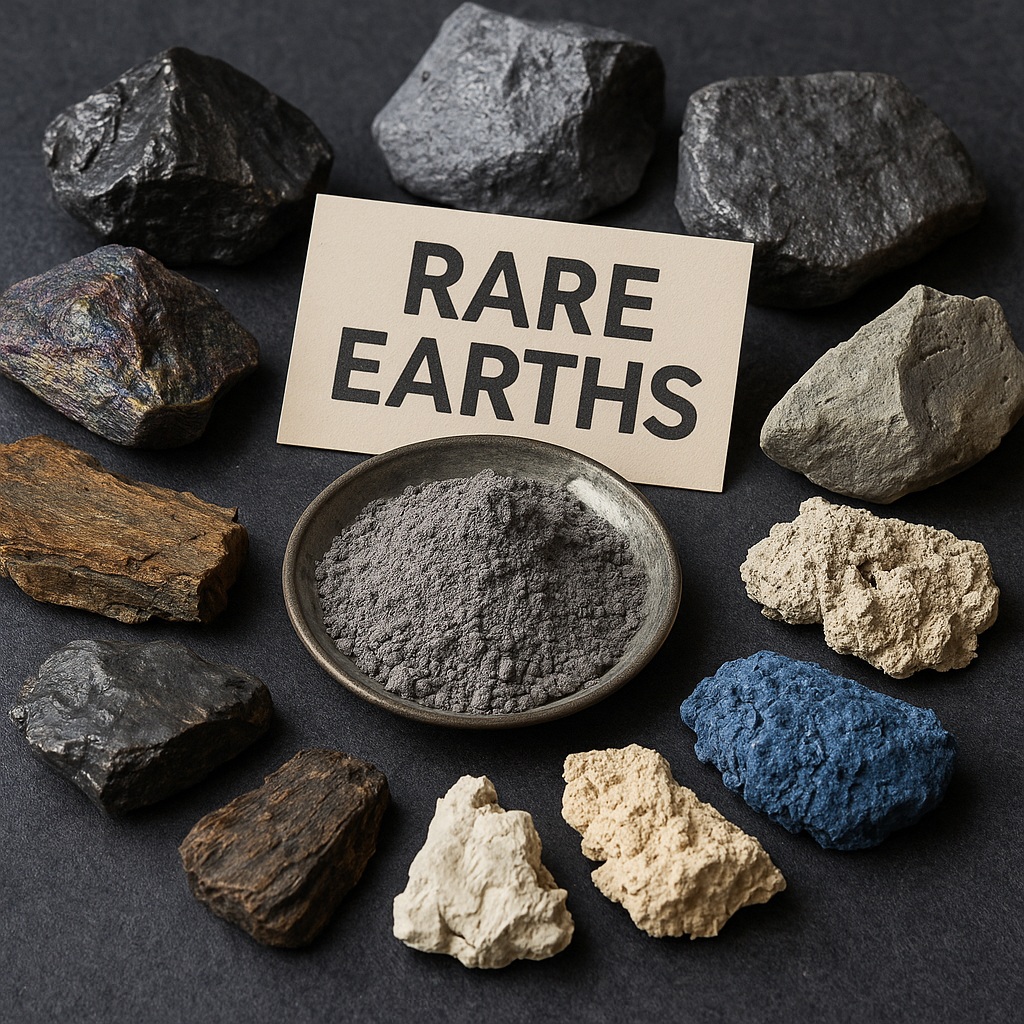Advertisement

~ From Your Smartphone to the Battlefield; From Invisible Metals to Global Power; The Hidden World of Rare Earths Story ~
By Tom Clifford
One of the unintended consequences of using public transport here is that traffic jams provide a perfect opportunity to contemplate. Other passengers were on their phones, rearranging their schedules of just catching up on the gossip. I turned my gaze outside the stationary vehicle and people on the street were using their phones. And then it struck me. Many factors went into making their phones work but one crucial one was the use of rare earths. And yet these elements have generally flown under the radar of public knowledge.
But they are vital for modern life even though it’s difficult to get passionate about them. In previous trade disputes about food or oil, countries threatened to go to war, and in some cases, actually did. But will rare earths ever inspire thousands to take to the streets in either China or United States under banners in passionate defense of say, Lanthanum or Dysprosium. These minerals and others are, however, not that rare. The methods used to extract them are heavily polluting. It’s a dirty business. Processing one ton of rare earths produces 2,000 tons of toxic waste. Consequently, few places mine them though they can be found in many countries.
Few other commodities sees the US so reliant on another country. Imports of rare earths from China accounted for about 80 percent of its usage with Malaysia, Japan and Estonia the other main suppliers. But this is not the main point. There are some rare earths that only China has. Yttrium, for example, vital for the production of catalysts, ceramics, electronics and lasers, is almost exclusively mined in China.
This is a strong hand or more precisely bargaining chip. But there is a catch. Limiting supplies or even threatening to, will drive up prices.
As China is one of the major importers of products that use rare earths, this could backfire. Also the mining, as environmentally damaging as it is, is being boosted as other nations try to cash in on demand. Non-Chinese production is above 30 percent today, a ten-fold increase from 2009.
But there is another element to this tale of elements. The US views rare earths as a strategic import. China views them as vital for national security. In the first Trump presidency the phrase “Don’t say we didn’t warn you” was mentioned by China. The importance of this phrase cannot be overstated. It was used by the People’s Daily in 1962 before China’s border war with India and ahead of the 1979 China-Vietnam War.
It has not been used by Beijing in the latest trade spat between the two nations.

Continue reading: The Publisher’s Piece on Rare Earth Minerals and what that means for the trade balance of economic power>>>
###
Want to tour Sint Maarten/Saint Martin? Book a tour online with StMaartenTours.sx
Previous columns by Tom Clifford:
A Tale of Two Cities: Marigot and Philipsburg
A northern side apple tart
Taxis & Buses
###
ADVERTISEMENT







